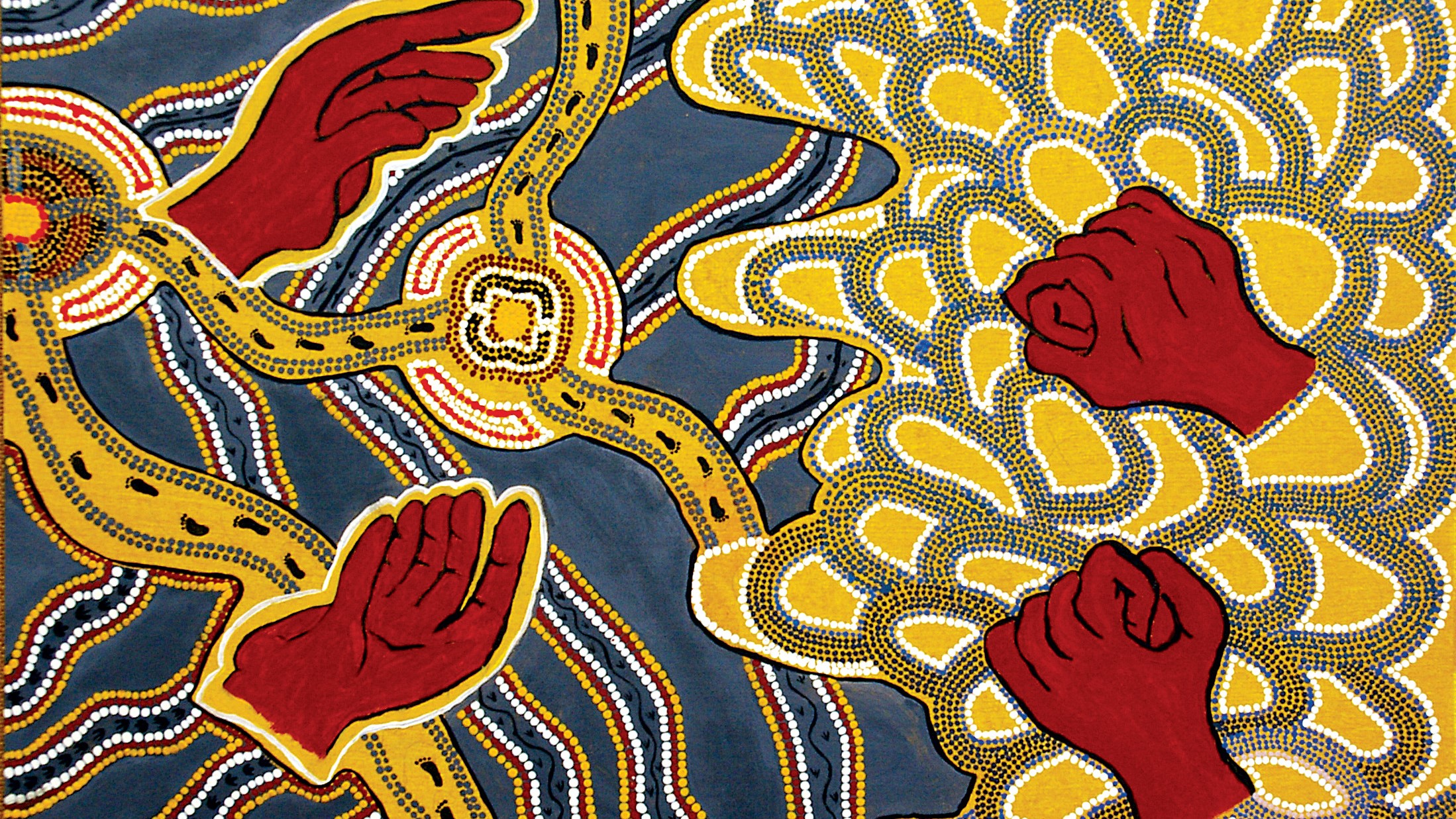Presentation Type
Presentation
Location
The University of Notre Dame Australia, Broome Campus
Start Date
30-10-2019 12:30 PM
Description
What do we know and where are we heading? Understanding interactions between health, climate, land and people can answer this question? The public are rapidly understanding the rapid changes we face as a society and our relationships with the natural world. A number of key evidence-based documents have been released by the Intergovernmental Platform on Biodiversity and Ecosystem Services (IPBES) and the Intergovernmental Platform on Climate Change (IPCC) outlining the global state of biodiversity and the links to people. Key amongst these findings are those related to indigenous people as custodians of the land and sea across many parts of the planet and the significant role they play in protecting and conserving landscapes. This talk will outline the key findings of the IPBES Global assessment on Biodiversity (May 2019) and the IPBES land Degradation and Restoration Assessment (May 2018) and the IPCC Climate and Land Report (August 2019) with a particular focus on findings related to the interactions between health, climate change, land degradation, biodiversity and indigenous peoples. We offer solutions for the future. I will present the directions in which we (IPBES) are now moving to protect the people, the natural world and its biodiversity and how this can be useful at the local level in the Kimberley.
Recommended Citation
Fisher, Judy, "The most recent knowledge - interactions between health, climate, land and Indigenous people’" (2019). Talking Heads Seminar Series. 16.
https://researchonline.nd.edu.au/nulungu_talkingheads/2019/schedule/16
The most recent knowledge - interactions between health, climate, land and Indigenous people’
The University of Notre Dame Australia, Broome Campus
What do we know and where are we heading? Understanding interactions between health, climate, land and people can answer this question? The public are rapidly understanding the rapid changes we face as a society and our relationships with the natural world. A number of key evidence-based documents have been released by the Intergovernmental Platform on Biodiversity and Ecosystem Services (IPBES) and the Intergovernmental Platform on Climate Change (IPCC) outlining the global state of biodiversity and the links to people. Key amongst these findings are those related to indigenous people as custodians of the land and sea across many parts of the planet and the significant role they play in protecting and conserving landscapes. This talk will outline the key findings of the IPBES Global assessment on Biodiversity (May 2019) and the IPBES land Degradation and Restoration Assessment (May 2018) and the IPCC Climate and Land Report (August 2019) with a particular focus on findings related to the interactions between health, climate change, land degradation, biodiversity and indigenous peoples. We offer solutions for the future. I will present the directions in which we (IPBES) are now moving to protect the people, the natural world and its biodiversity and how this can be useful at the local level in the Kimberley.



